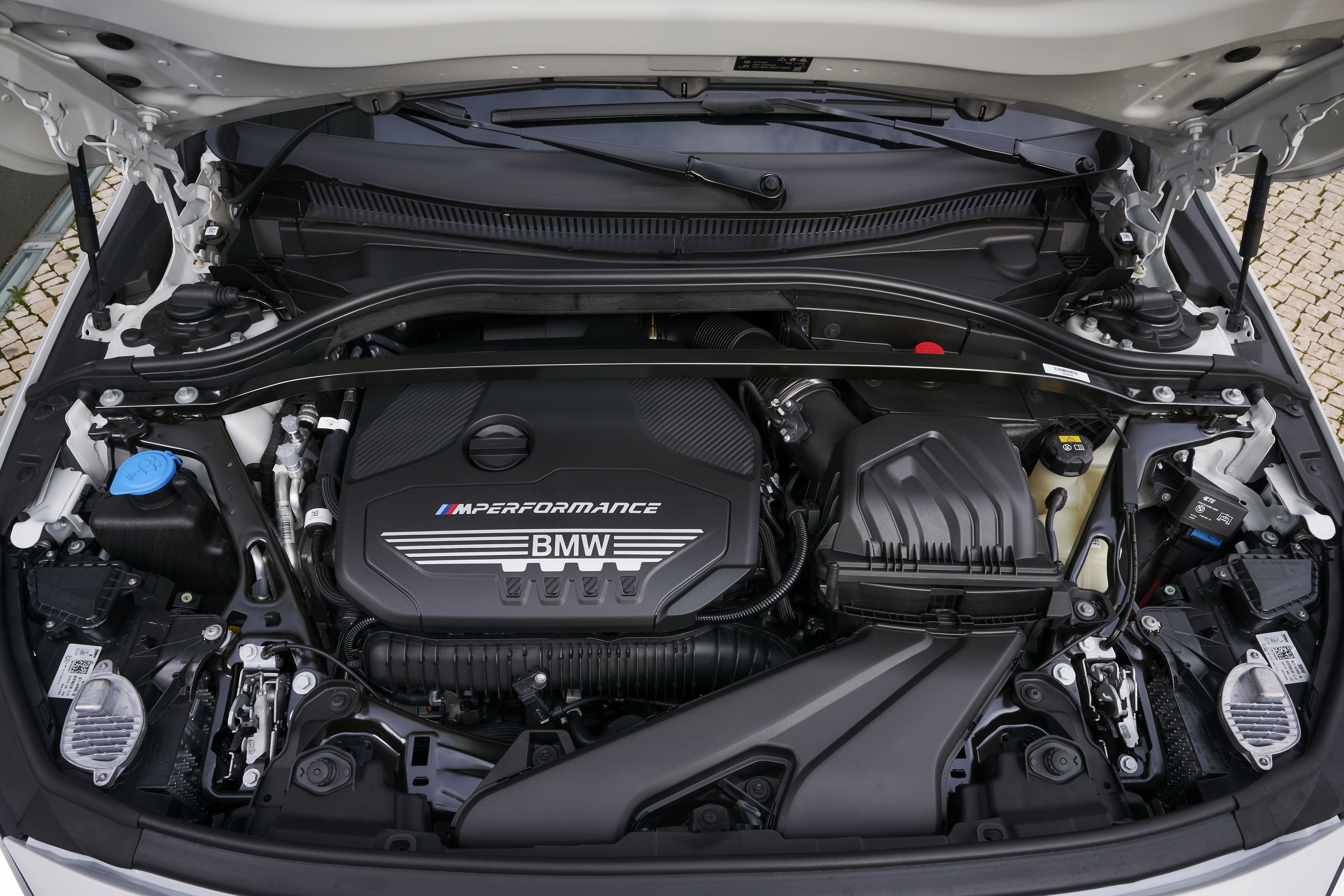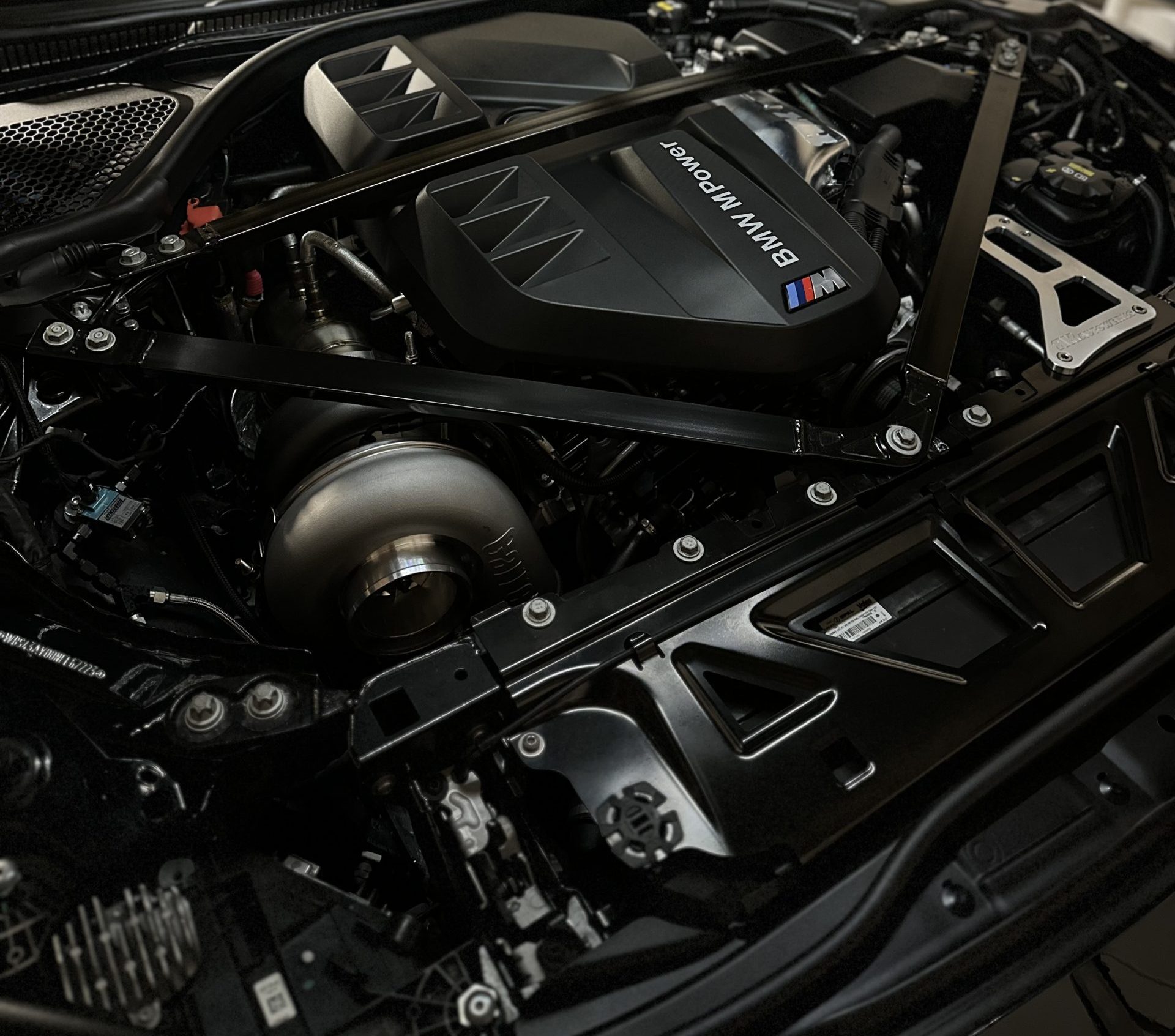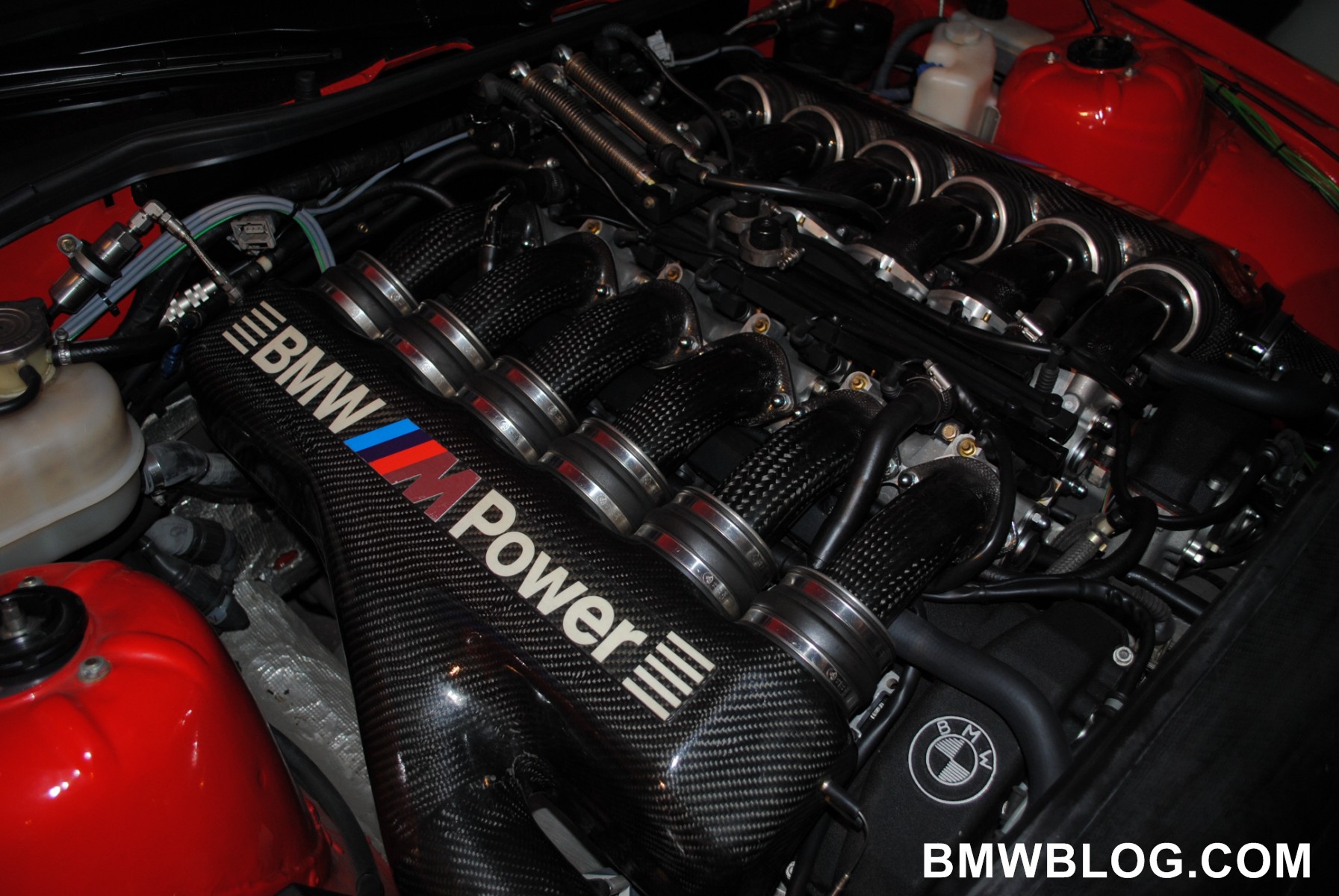Why the BMW Engine Is Thought About One of the very best in High-end Autos
Why the BMW Engine Is Thought About One of the very best in High-end Autos
Blog Article
Unveiling the Intricacies of Next-Generation Power Units: a Deep Dive Into Advanced Engine Advancements and layouts
As we stand on the precipice of a brand-new era in transportation, the ins and outs of next-generation engine layouts bid us to explore the cutting-edge innovations and developments that assure to redefine the driving experience. Digging much deeper into the worlds of discharge control, smart engine administration systems, and the perspective of power system growth, we find ourselves on the cusp of a transformation that guarantees to reshape the landscape of movement as we recognize it.
Evolution of Engine Products

The shift towards progressed engine materials has additionally allowed designers to make engines with higher power outputs while preserving gas effectiveness criteria. For instance, using lightweight materials lowers the total weight of the engine, leading to enhanced gas economy and lower exhausts. In addition, developments in products innovation have permitted better thermal monitoring within engines, resulting in raised integrity and longevity.
Turbocharging and Supercharging Technologies
How do Turbocharging and Supercharging Technologies change engine performance and performance in contemporary cars? Turbocharging and supercharging are innovations that significantly enhance engine efficiency by enhancing the quantity of air consumption into the burning chamber. Turbocharging attains this by using a generator driven by exhaust gases to pressurize the consumption air, while supercharging utilizes a belt- or chain-driven compressor to accomplish the very same result.
These technologies enable smaller, a lot more fuel-efficient engines to generate power equal to bigger ones, referred to as downsizing. By compeling more air into the cylinders, turbo charging and turbocharging enhance combustion effectiveness, resulting in enhanced horsepower and torque output without a substantial boost in engine dimension. This leads to much better acceleration, pulling capability, and total driving efficiency.
Moreover, supercharging and turbocharging add to improved gas performance by enabling the use of smaller sized engines that take in less gas under regular driving conditions - bmw engine. This combination of improved efficiency and effectiveness has made turbocharging and supercharging integral components of numerous modern engine designs
Exhaust Control and Environmental Effect
With boosting worldwide issues relating to air top quality and ecological sustainability, the application of discharge control technologies in vehicles plays a vital duty in decreasing damaging contaminants released into the atmosphere. Modern cars are equipped with sophisticated exhaust control systems that aid reduce the ecological impact of automotive procedures. Catalytic converters, for example, are created to convert poisonous gases such as carbon monoxide gas, nitrogen oxides, and hydrocarbons right into much less damaging compounds like carbon dioxide and water vapor.
Furthermore, innovations in engine innovation, best site such as the combination of exhaust gas recirculation systems and selective catalytic reduction, have considerably added to reducing emissions. These modern technologies operate in tandem to optimize combustion performance and reduce the release of dangerous pollutants into the air. Furthermore, the growth of crossbreed and electrical vehicles represents an essential step towards minimizing the general environmental impact of the transportation market.
Intelligent Engine Management Solution

Furthermore, these systems allow vehicles to satisfy rigorous emissions requirements without jeopardizing performance, giving an extra eco friendly driving experience. The integration of artificial knowledge and artificial intelligence capabilities in engine management systems proceeds to push the borders of what is possible, resulting in additional renovations in effectiveness, reliability, and general vehicle performance. bmw engine. As automotive innovation breakthroughs, smart engine my review here management systems will certainly play a crucial role fit the future of transportation towards a much more lasting and effective direction
Future Trends in Power System Advancement
As smart engine monitoring systems lead the means for boosted control and optimization in modern-day vehicles, future patterns in power system growth are positioned to redefine the landscape of auto propulsion modern technologies. These alternative power resources use improved performance and efficiency while aligning with stringent ecological guidelines.
One more considerable fad is the assimilation of innovative products and producing strategies. Light-weight products such as carbon fiber and light weight aluminum are being used to lower general vehicle weight, boosting gas performance and efficiency. Furthermore, developments in 3D printing and additive manufacturing are making it possible for the production of complex engine parts with higher accuracy and resilience.
Moreover, expert system and artificial intelligence are playing a crucial duty in enhancing power unit performance. These technologies enable for real-time tracking and flexible control, causing more reliable and dependable power shipment. Generally, future patterns in power device growth are geared towards performance, effectiveness, and sustainability, driving the automobile market towards a new age of propulsion innovations.

Final Thought
In conclusion, the advancements in engine materials, turbocharging, exhaust visite site control, and intelligent administration systems have actually paved the means for next-generation power systems. The detailed styles and advancements in contemporary engines showcase the ongoing evolution of vehicle innovation.
Discovering the progressive developments in engine products has actually been crucial in enhancing the efficiency and effectiveness of modern engines. Over the years, the advancement of engine products has actually played an important role in pushing the borders of what engines can attain.The shift in the direction of progressed engine materials has actually also enabled engineers to make engines with greater power outputs while maintaining gas performance standards.The implementation of smart engine management systems in modern-day cars has changed the method engines are regulated and maximized for performance and effectiveness. By collecting data in real-time and evaluating it with advanced algorithms, smart engine monitoring systems can adapt to driving designs, ecological aspects, and engine health to make best use of power outcome while minimizing gas intake and exhausts.
Report this page